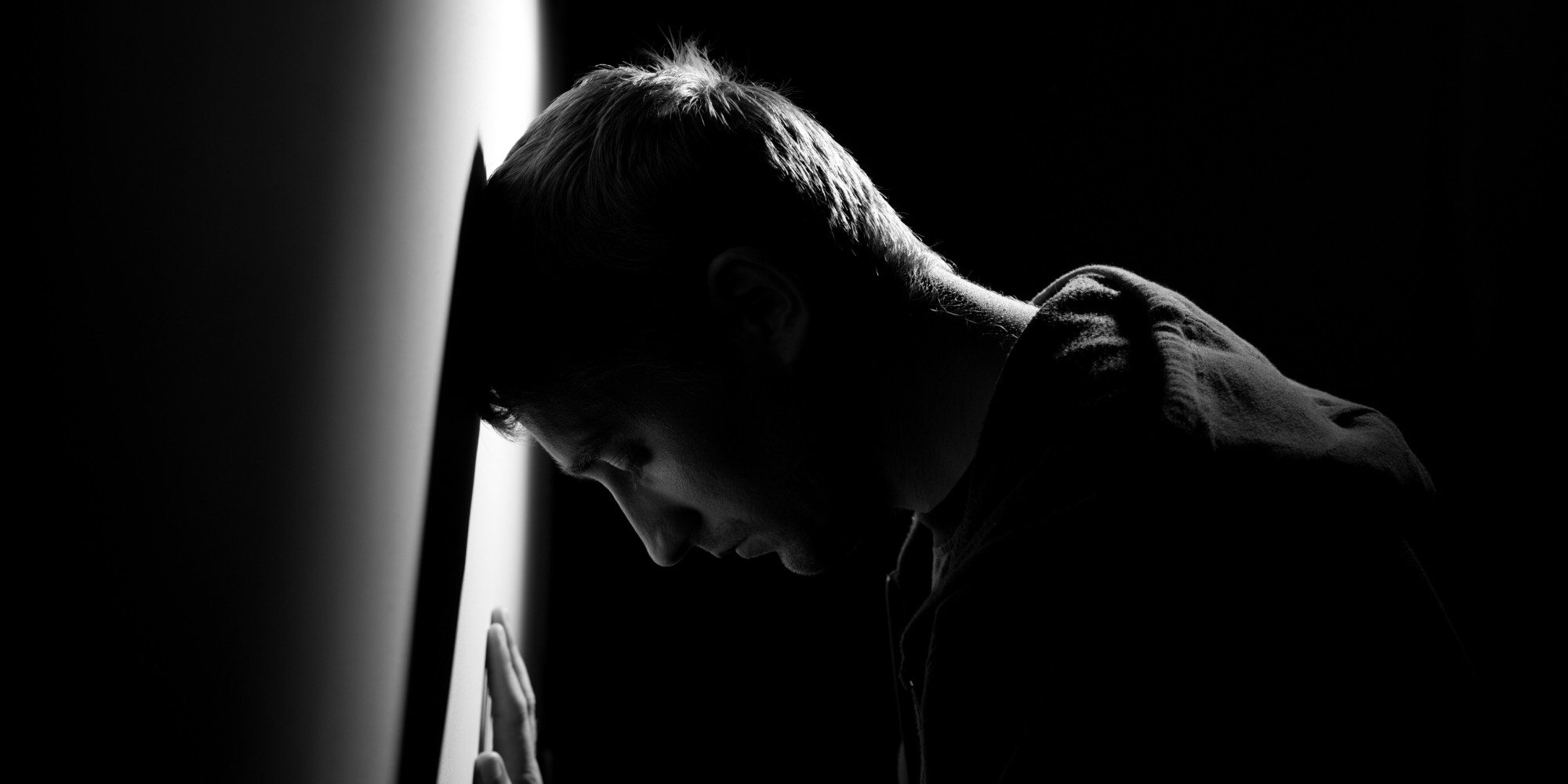Depression and Suicide
Depression and its consequences have become a public health crisis in the United States. One out of five people in our country experience depression in their lifetime. Dr. James Jordan, MD, psychiatrist and Co-Producer and Co-Host of the television series featured on this website states, “By learning more about depression’s signs and symptoms, stigma can be reduced and help can be sought before despair and risk of suicide ensues.”
Depression is treatable and there is hope. Early detection and treatment is important.
Symptoms of Major Depression
- Feelings of sadness or irritability
- Difficulty concentrating or making decisions
- Sleep problems – sleeping too much or too little
- Overeating or not interested in eating
- Problems concentrating or making decisions
- Loss of interest in activities once enjoyed
- Agitation and/or anxiety, common, early sign(s)
- Thoughts of suicide or death
What You Can Do If You Are Diagnosed with Depression
- Don’t wait more than three weeks to seek help.
- Be sure you get a thorough physical.
- Take your medications as instructed. Don’t stop taking them even if you feel better unless your doctor agrees.
- Report any unusual side effects.
- Talk to your close friends and family and explain what you are going through.
- Do not blame yourself for feeling the way you do, and don’t expect to just “snap out of it.”
- Make exercise of any type or at any level a priority.
Warning Signs of Suicidal Behavior
These signs may mean that someone is at risk for suicide. The more warning signs you see, the greater the risk. Risk is also greater if the behavior is new, or has increased, and if it seems related to a painful event, loss, or change.
- Talking about wanting to die or take one’s life
- Looking for a way to kill oneself
- Talking about feeling hopeless or having no reason to live
- Talking about feeling trapped or being in unbearable pain
- Talking about being a burden to others
- Increasing the use of alcohol or drugs
- Acting anxious or agitated; behaving recklessly
- Sleeping too little or too much
- Withdrawing or feeling isolated
- Showing rage or talking about seeking revenge
- Displaying extreme mood swings
What You Can Do
If you believe someone may be thinking about suicide:
- Ask them if they are thinking about killing themselves. (This will not put the idea into their head or make it more likely that they will attempt suicide.)
- Listen without judgment and show you care.
- Stay with the person (or make sure the person is in a private, secure place with another caring person) until you can get further help.
- Remove any objects that could be used in a suicide attempt.
- Find your county crisis number at http://www.namihelps.org/support/crisis-resources.html. Most counties in Minnesota have mobile crisis teams who can come to you to make an assessment.
- Call 988 for 24/7 crisis counseling, information and local resources.
- If danger seems imminent, call 911 and tell them this is a mental health emergency so that a specially trained officer can be sent if available in your area. Let the dispatcher know if there is a firearm in the home.
The Latino Community and Depression.
Depression and its consequences have become a public mental health crisis in the United States. Latinos who suffer depression face special barriers when they should seek professional help because of the stigma attached to the illness, because they often lack medical insurance, and, for some, their immigration status makes them fearful of seeking help.
This stress has touched almost all Latino families in some measure. Learning more about the signs and symptoms of depression makes it easier to support those that need professional help before despair and risk of suicide ensues.

